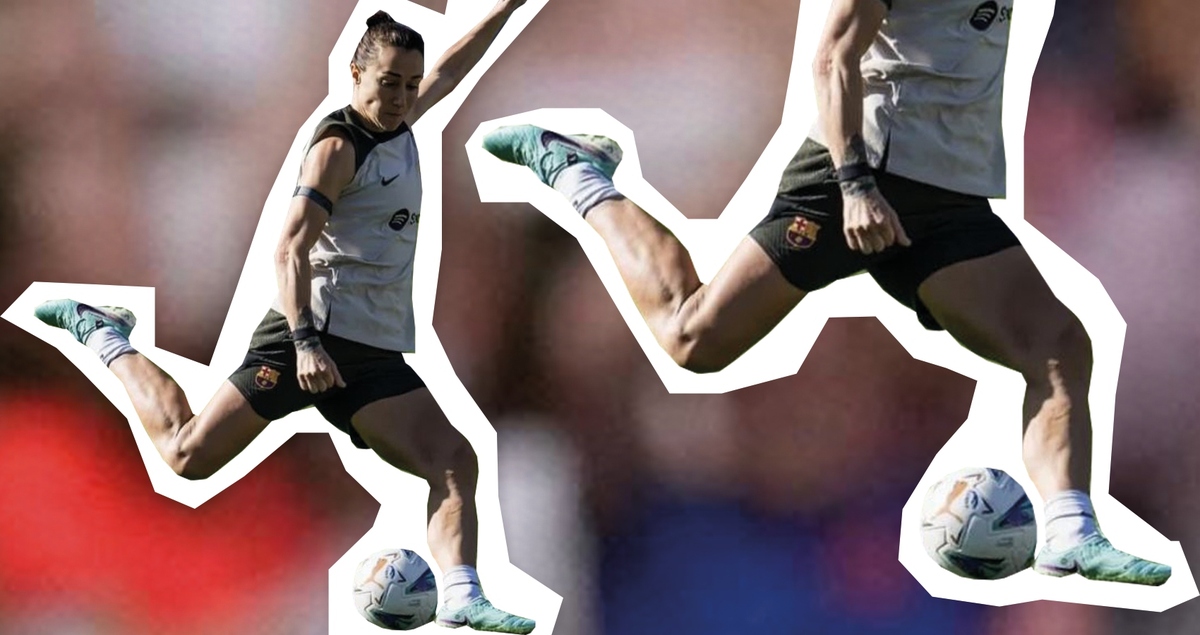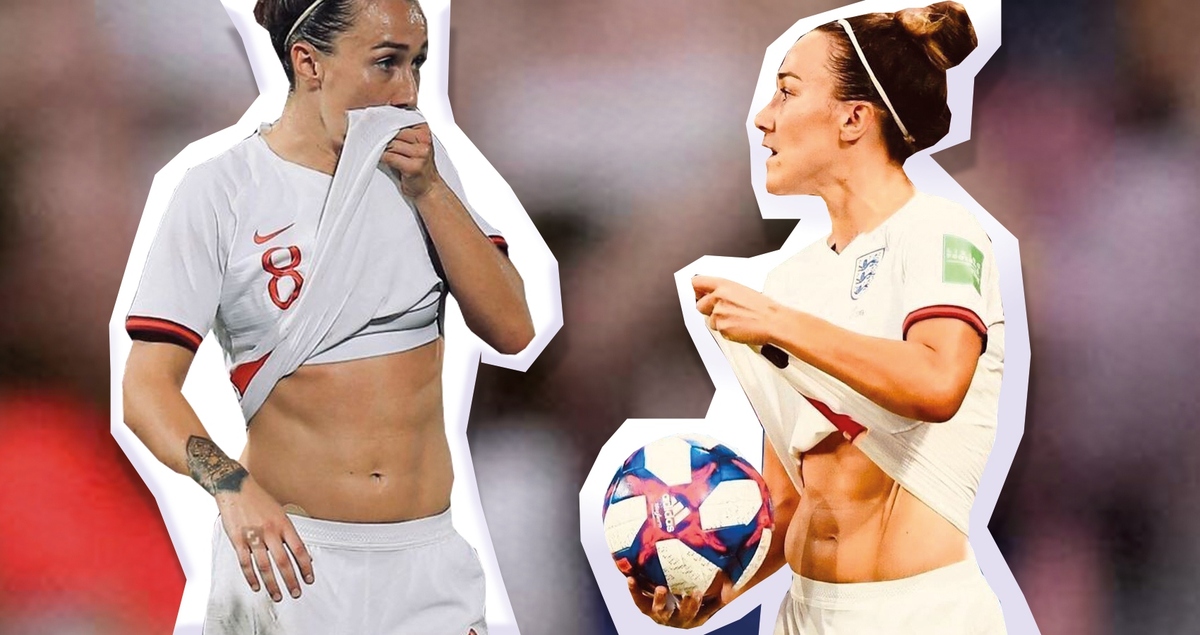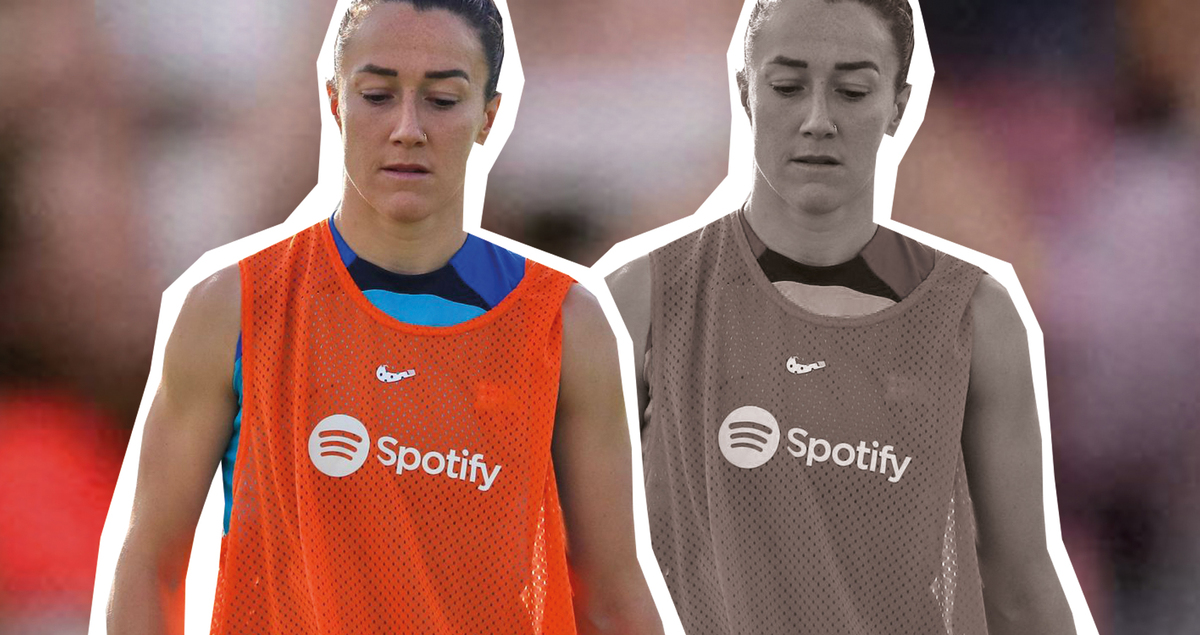
The Hidden Cost of Victory
The extreme strength of the Lionesses' under pressure.
England’s Lionesses capped an unforgettable summer in Basel by winning UEFA Women’s Euro 2025, retaining their European title in a dramatic penalty shootout against Spain. It was a moment of national celebration in the backdrop the doubt and critique subjected towards the players, with many disregarding the event on account of their gender. Behind the medals and parades lies a dark context of a system seemingly unaware of the female body, pointing to the truth of female invisibility within science.
Playing Through Pain:

One of England’s most seasoned defenders, Lucy Bronze, played the entire tournament with a fractured tibia: six matches and 105 minutes of the final. She was only substituted after a simultaneous knee injury.
Her extreme resilience has shaken the nation, especially as she had used her injured leg to score a crucial penalty against Sweden. However, the fact she felt the need to silently push through such an injury highlights the deleterious consequences of the attitudes surrounding women’s sport.
Bronze discovered the tibia fracture following a pre‑tournament friendly; rather than step away she merely adjusted her training and soldiered on. The injury is believed to have been a stress fracture, a partial crack in the shinbone. But this unspoken expectation of ‘toughing it out’, in order to avoid appearing as weaker than their male counterparts, can lead to worse, possibly career-ending injury.
Training Like ‘Mini-Men’:

Female athletes are often coached, kitted, and conditioned as if they’re simply smaller men. However, on a biological level, this is incredibly reductive and dismissive of the female body, victim to the disregard of women in science. For example, anterior cruciate ligament (ACL) injuries are 3 to 8 times more likely to be suffered by women than men. This is as a result of differences in hip and knee alignment, hormonal fluctuation (resulting in muscle weakness) as well as smaller ligaments. Despite knowledge of this, many teams still do not tailor injury prevention to women’s physiology.
Periods and Performance:

The menstrual cycle is another entirely overlooked factor. Fatigue, cramps, anxiety, and poor sleep can all affect performance. Many elite athletes obsessively track their cycles in private, rather than as a part of a shared, supported systems.
Some teams are beginning to adapt, like Sale Sharks Women in Rugby, who adjust training around different phases of the menstrual cycle.
Ultimately, hormone shifts can affect joint stability and muscle function, as well as the addition of sometimes debilitating cramps. Acknowledging this fact isn’t weakness but merely smart coaching that doesn’t ignore nor reduce women.
Strength Shouldn’t Cost Health:

Despite the iconic legacy of the Lionesses, winning against all the odds (“so nice, we had to do it twice”) and ultimately twice beating the male team to the Euro victory since 1966, the victory points to a wider issue. Not only do women play in a system in which they have a heightened risk of injury, and often cannot play to the best of their ability, when they are injured, they feel compelled to push through. Equality isn’t about women being treated the exact same as men; it's about them being given medical visibility as they deserve. The Lionesses should not exist in the shadow of the men.











